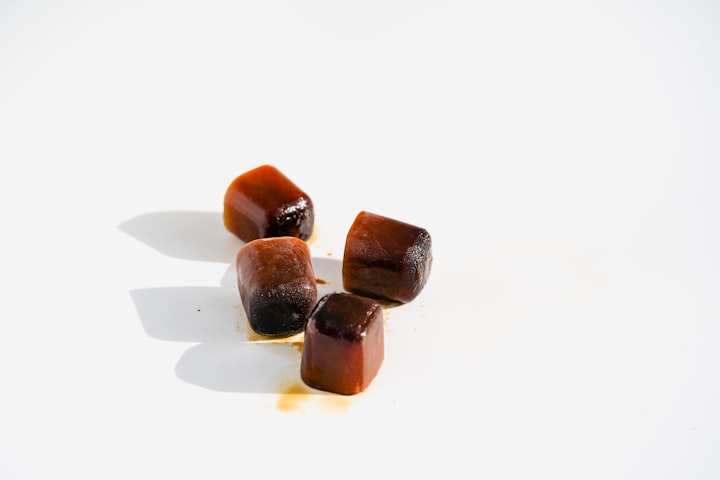
For a significant portion of my life, I have used the word “carmel” when describing an orange-brown candy produced from the heating of sugar as opposed to the “correct” word often prescribed to me as “caramel”. Despite being aware of this distinction, I never managed to get over my “non-standard” pronunciation, and I still continue to use “carmel” to this day due to what was embedded so long ago. There have been numerous occasions that I can recount to my usage being met with a patronizing “correction” as if I had committed a crime. Even as I type this piece, the auto-correct function of this program is insistent to ameliorate my usage every time I type out “carmel”. However, after being presented with a new perspective on language variation in this class, I began to really question the true necessity of emphasizing this difference.
The word “carmel” by definition is a proper noun, referring to a city off the coast of California or a mountain located in Israel. This is contrasted by the definition of “caramel”, which is a browned sugary confectionery as previously stated. The website WritingExplained.org goes into great detail in differentiating between “carmel” and “caramel”, taking a rather bold approach to dismantling the notion that “carmel” can act as a substitute when describing the crystalline sugary substance known as “caramel”. The article in question strongly and prominently establishes how the word “carmel” has no relation to a food item in its definition, referring to the usage of “carmel” when describing “caramel” to be nothing short of a blatant spelling error. To further accentuate their point, they mention how not a single ice cream brand attributes any caramel-related flavor as “carmel” to declare an innate ubiquity amongst the market place as solid evidence that “carmel” is acknowledged as improper. Another website, DifferenceBetween.net, takes on a more descriptive approach primarily except near the end when discussing the necessity to adhere to a given region’s dialect, similarly attesting to the notion that one should actively abide by the given linguistics of the area as to be “correct” in their descriptions. These ideologies outright object to the usage of “carmel”, strongly insinuating that the word should be distinguished as an incorrect, nonsensical expression when describing the light-brown sweet.
I find these various linguistic ideologies to be absolutely asinine in facilitating the idea that using “carmel” over “caramel” is in any way wrong or inappropriate when describing a chewy light-brown candy. “Carmel” has become a stand-in predominantly in the Midwest and west coast regions of the United States, indicating a genuine acceptance of the alternative by non-linguists. Because there exists this understanding of the difference between the two words, confusion surrounding the terms is not an issue, the “problem” only ever arising from the prescriptive perspectives of recipients attempting to put down the user for using a word deemed for other purposes. For example, if I were purchasing a caramel macchiato from Starbucks, I personally would denote it as a “carmel” macchiato in my order. The message is clear in its content and given context, making it virtually impossible to not comprehend the information despite using what is often referred to as the “non-standard” variant of “caramel”. “Carmel'' acts as a perfectly suitable substitute when describing a soft candy made with sugar and butter or cream heated until brown in color, or “caramel”.
Taking into consideration what I have learned in this course thus far, carmel can be used interchangeably with caramel, and the user should not be ridiculed for using the former. In most given situations, my usage of the word “carmel” when describing a sweet light-brown candy will only ever really be uttered under the context in which said confectionary is present, and thus will most likely never really be confusing to the recipient in light of “carmel’s true definition”. Such a correction on the usage of “carmel” fails to recognize how such a subtle difference in pronunciation is really insignificant so long as the information is delivered with efficiency and clarity; to focus so intently on something so superficial about language is nothing short of linguistic gaslighting, and depending on the tone of the recipient possibly even word rage to boot.






Comments
There are no comments for this story
Be the first to respond and start the conversation.